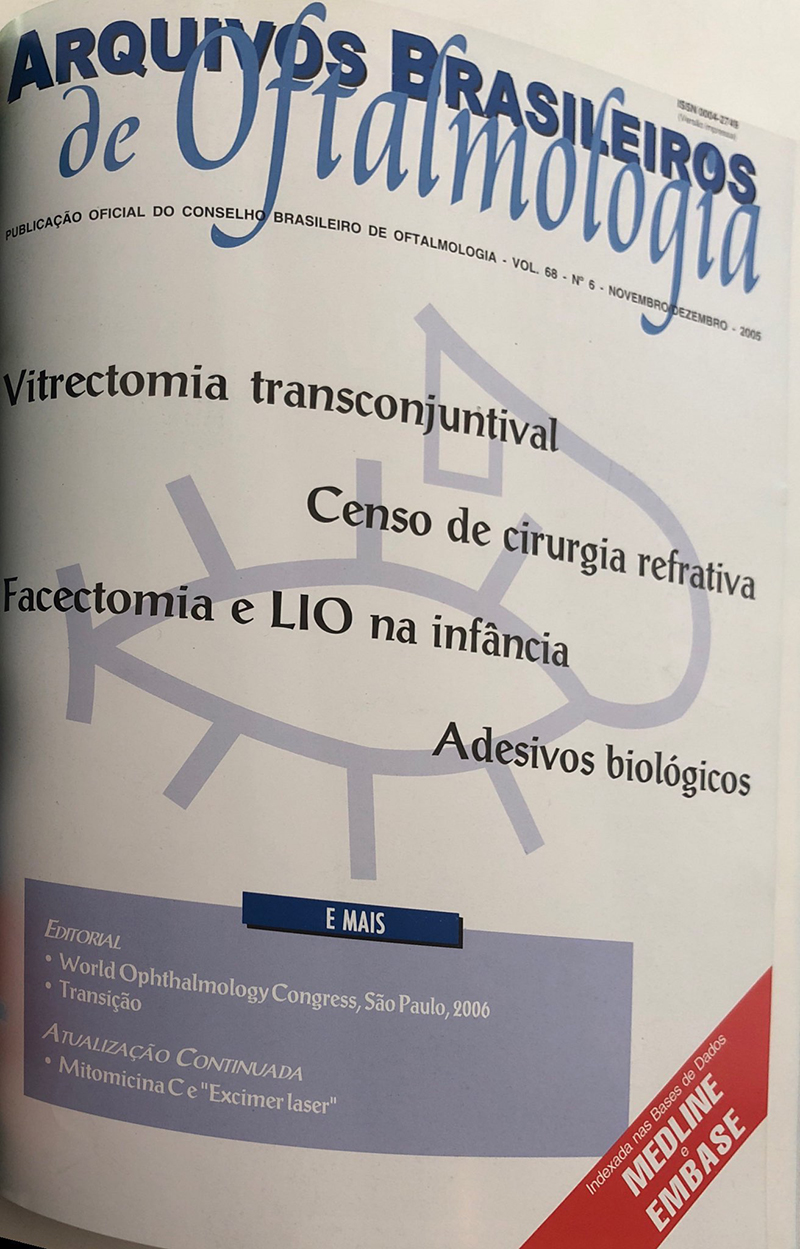PURPOSE: Research on the field of organizational ethics to investigate to which extent ophthalmologic clinics, inserted in the competitive atmosphere, in the condition of organizations in search of survival, subordinate ethics to competitiveness in the managerial praxis, that is, in the administrative sphere. METHODS: Kohlberg is taken as theoretical reference, approaching the theme of ethical subordination to competitiveness. The instrument to evaluate moral behaviors of organizations, elaborated by Licht, is applied. The quantitative method is used, adopting analytic instruments, such as Q of Yule and non parametric tests, when dealing with the data of 41 ophthalmologic clinics. RESULTS: The results of the research seem to indicate that administrators of ophthalmologic clinics of greater performance subordinate ethical principles to competitiveness, seeking to assure the survival of the company and, when confronted with the instrument to evaluate their moral behavior, proposed by Kohlberg, have a significantly smaller presence in the postconventional stage than administrators of ophthalmologic clinics with a smaller performance. One may affirm, according to non parametric tests, at the level of significance of 0.05, that the levels of moral development of the two groups differ significantly. CONCLUSIONS: The obtained results are according to the literature, especially concerning the "paradox of the ethical subordination and competitiveness". They also suggest that the warrant of the survival of the company tends to reduce the perception of the groups in power regarding the problems that happen in the community, and that a reduction of the ethical values subordinated to competition occurs, and such reduction provokes growing feelings of economical disputes in the social sphere.
Keywords: Physicians office; Ethics institutional; Competitive behavior; Conscience; Morale; Dominance-subordination
